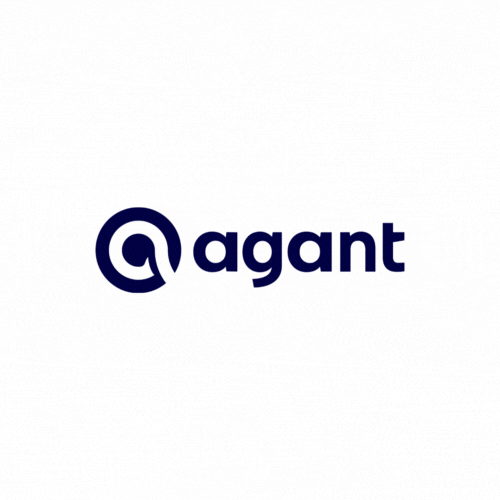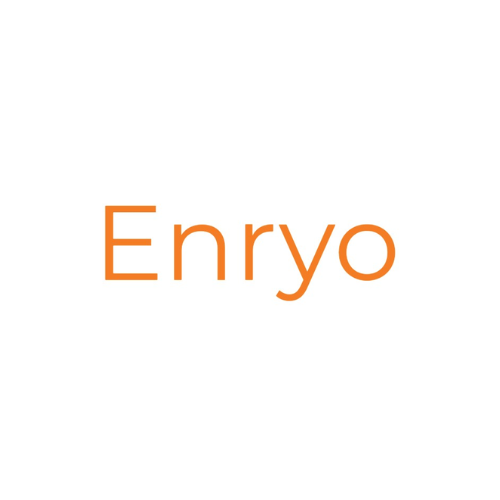On Friday, December 22, the Central Bank of Nigeria reportedly released a circular addressed to all banks and financial institutions, revoking its previous prohibition on bitcoin. Additionally, the circular set forth new regulations for Virtual Asset Service Providers operating within Nigeria.
A notable development in Nigeria’s financial landscape will be the introduction of a Naira stablecoin, cNGN. This project is a collaborative effort involving a consortium of Nigerian banks, fintech companies, and blockchain experts. The Central Bank of Nigeria’s guidance has been a catalyst for this initiative, which aims to establish a regulated and compliant digital currency version of the Naira.
The concept of a digital Naira isn’t entirely new. Previous endeavors include the 2019 NGNT by the Token Mint consortium, which involved prominent Nigerian crypto exchanges and various African communities, including entities like Helicarrier and Busha. This version of the digital Naira is tied to the traditional Naira and functions on both the Binance Smart Chain and Ethereum Network.
The forthcoming cNGN differs from its predecessors by being a stablecoin backed and regulated by a consortium of Nigerian banks. The project includes major financial institutions such as First Bank, Access Bank, Sterling Bank, and Providus Bank, along with payment companies like Budpay, Kora, and Interswitch, and blockchain specialists Convexity and Interstellar. This new digital currency is designed to streamline international transactions using the Naira.
Details regarding the blockchain technology underpinning cNGN and its potential applications for consumers are yet to be disclosed by the consortium.
When compared to the eNaira, cNGN stands out in several ways. Unlike the eNaira, which is a Central Bank Digital Currency (CBDC) controlled by the CBN, cNGN is akin to other crypto-based stablecoins and will be managed by the consortium of banks. The CBN and Nigerian Securities and Exchange Commission will oversee it from a regulatory standpoint rather than having direct control.
This development is a stepping stone for further collaboration and innovation among financial ecosystem stakeholders and traditional financial institutions. The aim is to develop seamless, hybrid financial services. The scope and success of these initiatives will largely be influenced by the regulatory environment set by the CBN and Nigerian SEC.



































































